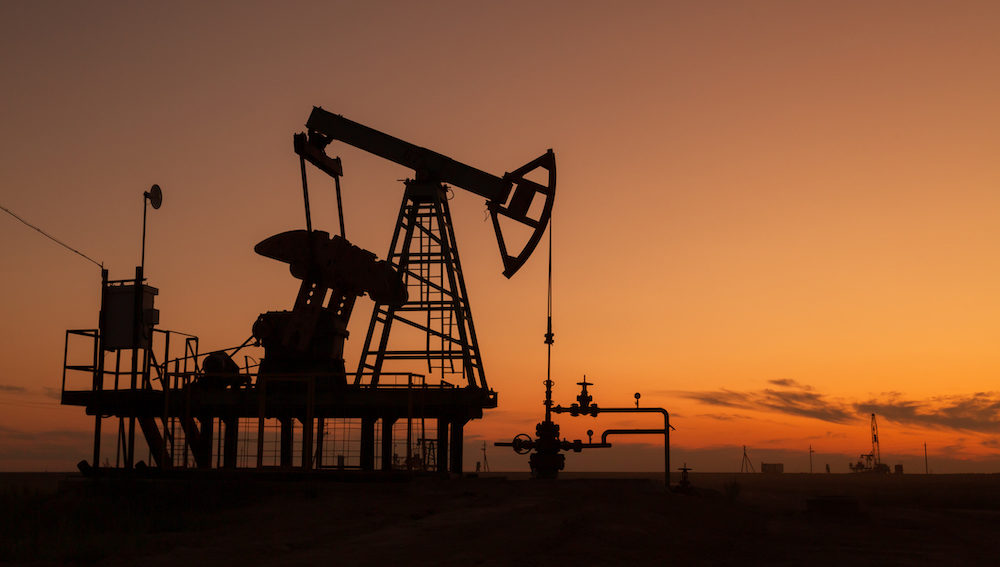- Consumers may permanently alter their energy use following the economic slowdown brought on by the global pandemic.
- Large energy companies are taking actions that could increase investments into alternative energy sources.
- Consumers and some energy companies are responding to societal and regulatory pressure to help fight climate change.
COVID-19 lockdowns sent oil prices reeling to historic lows and even negative territory, but it may be changing consumers’ habits during the pandemic that actually accelerate reductions in carbon emissions and renewable energy gains, say analysts.
“The long-term knock-on effects from what’s happened [is] that people will think about how much they are traveling and consuming,” said Stuart Joyner, an energy specialist at the research firm Redburn Partners. “There will be a wider economic effect that will more likely speed up the energy transition rather than slow it down.”
Governments have asked citizens to avoid non-essential travel and shelter in place in an attempt to slow the outbreak, which has infected about 2.4 million people worldwide, according to the World Health Organization. Those orders are causing people to find different ways to go about their lives, such as working from home and traveling less.
Consumers and some energy companies are responding to societal and regulatory pressure to combat climate change caused by rising carbon emissions.
Big energy companies such as BP PLC have locked in their renewable energy and carbon-neutral investments, which account for a small portion of their overall spending. Despite anemic oil prices, analysts expect such spending to remain stable as companies release their first-quarter results for 2020 at the end of April.
“Those investments are very long term so they are not affected by short term energy volatility,” Joyner told Karma. “We will get some insight into where the ax is falling and one area that will be disproportionately impacted are US shale [oil] operations because they are high cost and short cycle.”
The U.S. crude future contract for May fell into negative territory for the first time in history on Monday due to the economic slowdown brought on by the outbreak. The trend has reduced demand for energy and created a surplus of crude in the global market.
Still, on April 16, Royal Dutch Shell PLC announced a plan to achieve net-zero carbon emissions from its oil and gas exploration activities and the manufacturing of its petroleum and non-energy products by 2050. The Anglo-Dutch company’s announcement follows similar disclosures made by companies such as Spain’s Repsol SA and BP.
Shell’s Chief Executive Officer Ben van Beurden warned in prepared remarks to investors that the transition would be difficult because transportation options such as alternative energy powered planes are not yet in wide commercial use.
“This is going to take a lot of work. It will not be easy,” he said. “Today, Shell’s business plans will not get us to where we want to be. That means our business plans will have to change over time as society and our customers also will have to change over time.”






















